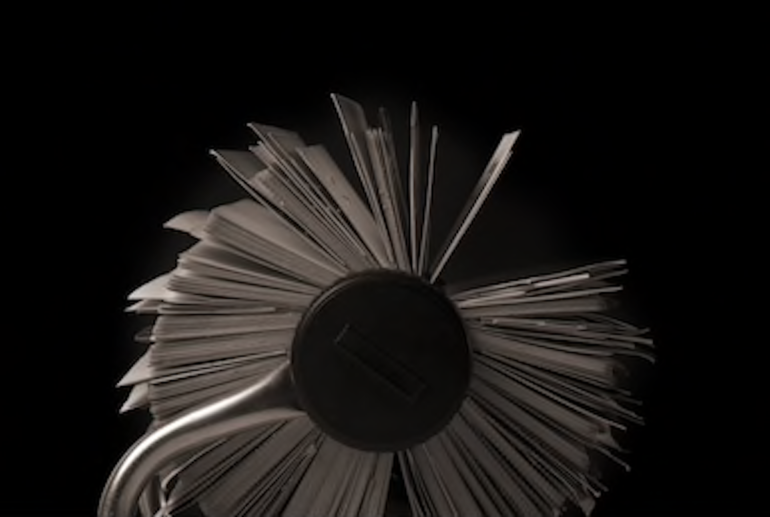A lot of people overlook a simple way to be generous: go through your rolodex.
A couple years ago I wrote about being generous without money. The Coronavirus pandemic had me thinking about that post, perhaps because I’ve seen so many selfless acts of generosity recently. So I’ve slightly updated the post to reflect our current world. Here goes:
Since writing Junkyard Wisdom I’m often asked a simple question about generosity: how can we be generous without a lot of money?
Plenty of people think generosity is about giving money away to worthy causes. It’s about sponsoring a child, supporting a youth sports league, contributing to the arts, etc. All of this is true, and of course you don’t need a lot of money to do these things in a small way.
Other people think generosity is about giving your time. Volunteering at a homeless shelter or tutoring a struggling student, for instance. Again, true.
But I think there is something we overlook.
A lot of people overlook a valuable asset in their generosity toolbox: connections.
We all have a rolodex (to use a mid-20th century phrase) of people who can solve problems, offer expertise, and open doors. Usually these contacts are just ordinary folks who happen to have a talent, insight, or connection who can help. They can fix a car for a single mom, connect you to a city official about a code issue, get a discount from a distributor for sports equipment, or even just lend you a backyard for a fundraiser.
Think of it this way. Sometimes it’s not about you generously doing a Costco run for a senior living under the shelter in place rules. Sometimes it’s you KNOWING someone who can make the run and sharing that contact.
Sometimes the best way we can be generous is to blend our financial resources with time, talent, and relationships. Here’s one of my favorite examples from my own experience.
Over the years my list of contacts in the wine industry has grown and now I have “wine friends” from farmers to sommeliers to retailers.
I admire the work of Old Skool Cafe in San Francisco. My first book release party was held there.
So what do the two have in common? Well, Old Skool needs wine for their drinks menu. My first instinct would be to buy wine and donate it. Problem solved, right?
Well, yes, but there is an even better way. I have contacts in the wine industry, so why not leverage those contacts for a good cause?
I emailed Katharine DeSante and asked if they could help. DeSante Wines are often mentioned in my posts because they make D’Aun’s favorite white wines. Their L’Atelier blend is an amazing value. Best of all, Katharine and her husband David are great people.
Katharine offered a discount on the wine if I bought in bulk and then donate the wine to Old Skool. It was a win/win/win situation. Katharine was able to sell a few more cases of wine, Old Skool had a restocked wine menu, and I was able to buy a wine at discount and donate it to Old Skool.
It might have been easier to visit a local wine retailer, buy the wine, and take it to Old Skool. But because of my relationship with the DeSante’s, I bought the wine cheaper, DeSante still made a profit, I got a tax deduction for donating the wine to Old Skool, who then sold it at the normal restaurant markup rate. By my calculations, for each dollar I used to buy the wine, Old Skool received about three dollars in return.
That’s the power of leveraging our financial resources with time and relationships.
So when people ask me how they can be generous without a lot of money, the first thing I tell them is to take a look at their rolodex. There might be a lot more value there than in their checkbook.

